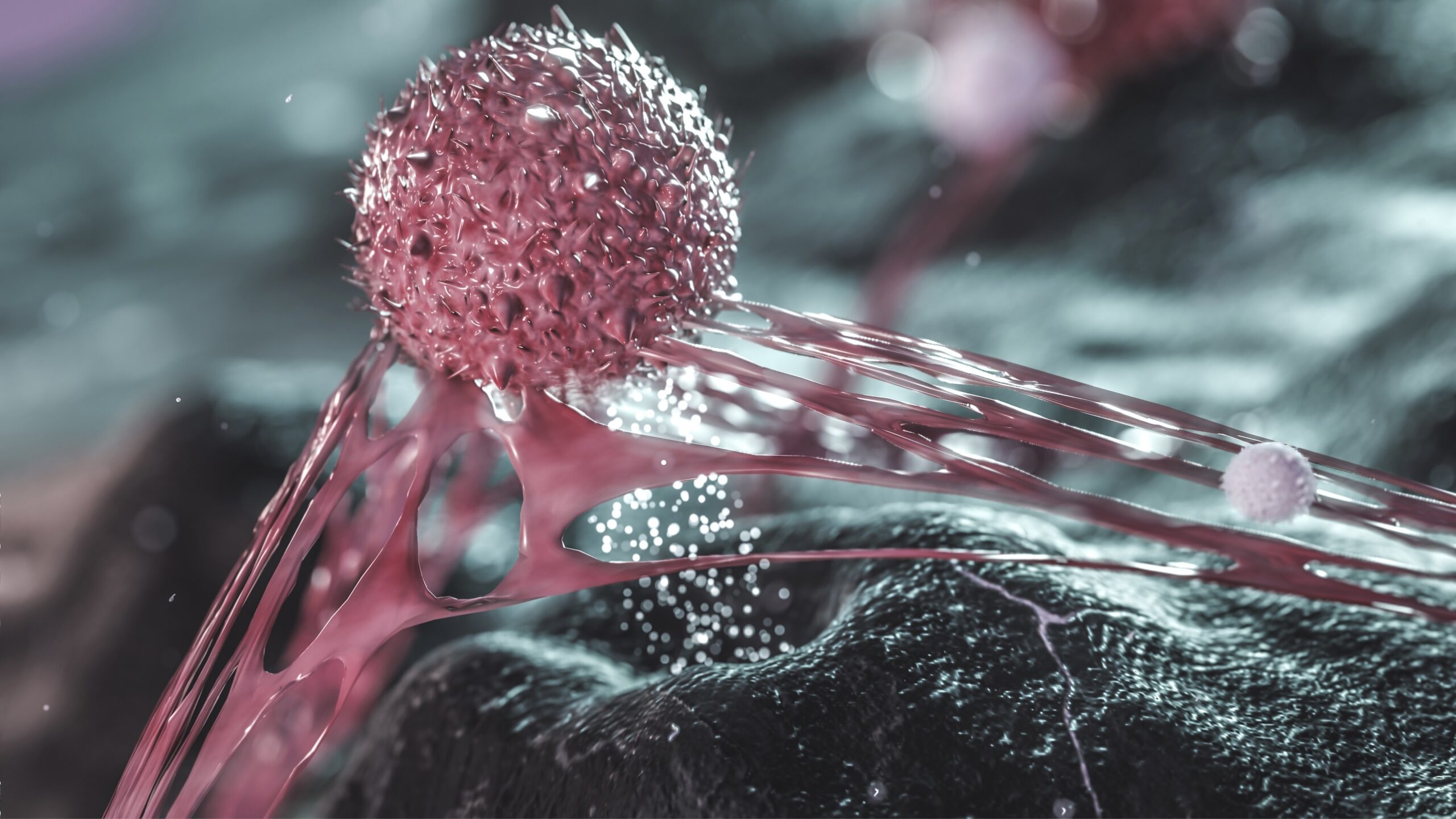Information is control. Or so the myth says…
A couple of months ago, I received a “positive” test result for cancer. I was referred by my doctor to a specialist who would need to do further tests and offer a proper diagnosis. “Don’t be worried,” I was told. “This could be nothing.”
Now, after going through the cancer journey with my wife, you can imagine what my initial head/heart response was. It was genuine panic. And a rush of questions.
- What does this mean?
- What will I do if this gets confirmed?
- How will I take care of my kids if I have cancer?
And on and on and on…
But I was able to stop myself and practice the principles that I’ve been learning.
Breathe. Focus on the present. The only reality is now. Get neutral. Maximize the moment I have.
Did it make the situation better? Nope. But it certainly made my response better.
And it did a funny/unexpected thing.
I found myself releasing the need for information. I didn’t “need” the answers. This was especially significant because I couldn’t get to the specialist until early August any way.
Why do I call this out this detail? Because there is a saying out there that says information is control. And I’m calling that a complete and utter myth.
Information may give us a sense of control, but it’s artificial at best.
The information may be wrong and the outcome will be nothing we expect. The information may be right, and the outcome can still be unpredictable. The information may be evolving (unbeknownst to us), and the outcome will very likely change.
There is no “control” created by the information. The only thing the information creates is a smaller sense of helplessness. We confuse that sense of lesser stress with the idea that we are somehow “now in control.” Somehow, we train ourselves to feel/think that acquiring information will provide the control we seek.
In other words, we seek information to either (a) shrink our sense of helplessness to a level that we can accept or (b) validate the helplessness we are feeling so that we can justify the fear-based decision that our amygdala is screaming for us to make.
Now, I’m not saying that information is bad or unnecessary. Information is incredibly helpful – and even desirable – to a point.
But what if we could untether our response from the information that is/is not available to us?
What if we could shrink our sense of helplessness without access to the information we are scrambling to collect?
What if we could slow down our stress response (maybe even eliminate it) and trust the journey to play itself out?
What if we could use information as just a snapshot through a soda straw (a tiny glimpse of only one portion of the bigger picture) and not the actual story?
What if indeed…
I mua. Onward and upward.
PS I completed the follow-up exam and got the results this past week. I was told “pre-cancerous growth” and I will have it removed next month.
PPS Mirror moment: Did you need that last bit of information? Did it somehow make you feel calmer knowing that I don’t have a cancer diagnosis? If you are saying yes, what does that tell you?
(Like what you’re reading? Please follow this blog and join the conversation.)


Whoa. Hold it. Come on. Holy Smokes. Dang Tim. I had no idea of the below.
Side note: I did need that last piece of information. It made me feel calmer that you did not have cancer. Great share brother.
Just. Keep. Swimming.
Love you man.
>
Thank you, brah. I appreciate you.
Generalizing…people think that information is the currency of change/ decision making. It surely is a common concept in sales people. Rather, information is a tool of rationalization. Remember the old joke about a drunk and a street light… and statistics/ data/ info… support rather than illumination. Want more? read Why Facts Don’t Change our Minds in the New Yorker by Eliz Kolbert. I was diagnosed with prostate cancer. Found a urologist who spoke with authority, and asked others to get a social proof rundown on his competency. Then we talked about all the test results, opted for surgery rather than chemo, and now been 6 months with a zero PSA score.
So good, Mark. And thank you for elevating this conversation with your insights.
PS Great to hear of your continued health…